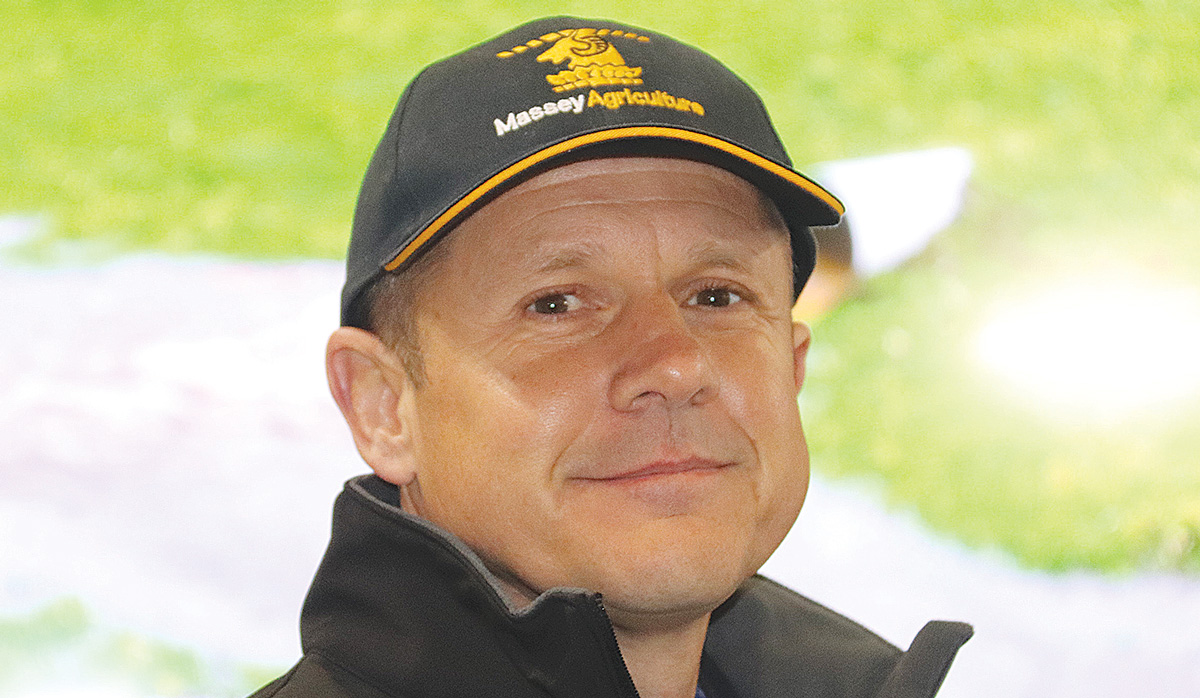NZ Catchment Groups Thrive with ‘Source to Sea’ Approach
The most successful catchment groups in NZ are those that have 'a source to sea' approach.
The financial viability of farmers having solar panels on their land, as well as stock, is the subject of a significant two year research study being undertaken by Massey University.
Professor Paul Kenyon is co-leading the project and says there has been a lot of hype about the value of installing solar panels on farms to generate electricity for the national grid, providing a new income stream.
But he says much of the data that is being put around is based on overseas research, where climatic conditions are quite different to those in NZ.
“A lot of that information suggests that pasture grown under the panels will be the same or better than in the actual paddocks,” Kenyon told Rural News.
“But we are a wetter environment and we want to be able to provide NZ farmers with accurate information on how much pasture they will be able to grow.”
He says they want to find out if the overseas data is relevant to NZ and in the seven months they have been working on the trial, this doesn’t seem to be the case. Kenyon adds that given the somewhat fragile nature of the panels and the fact that they are fixed, it is only possible to graze sheep or cattle of 150kg or less under them.
The project is looking at how much pasture can be grown under the panels and in particular its quality and the nature of pasture grown around the panels.
He says another problem that has emerged is the high risk of facial eczema created by the panels and his team is looking closely at this.
 |
|---|
|
Professor Paul Kenyon |
Professor Danny Donaghy, who co-leads the study, says that direct shading under the panels is likely to have a negative influence on pasture growth, unlike some previous international research in generally hotter and drier climates.
“These results could be used to inform the design of future mixed solar and pastoral farms in New Zealand, including ideal height from the ground and spacing between the rows of installed panels,” he told Rural News. “This would be a win-win for solar farming coexisting with pastoral systems, or even horticultural crops.”
Fast Changing Tech
Solar panel technology for on farm use is increasing rapidly with innovations such as panels that move to capture the sun all day.
There are also panels that actually let the light go through them. Massey University is hoping to get more partners to participate in the research programme and to set up trial sites right around the country so that there will be some hard scientific data available for farmers to make decisions on whether or not to go solar.
Horticulture New Zealand (HortNZ) has added its perspective to numerous primary sector voices urging the Government to strengthen its draft legislation to replace the Resource Management Act (RMA).
The Commerce Commission has finalised new information disclosure requirements for local councils and water organisations that deliver water supply and wastewater services.
Beef + Lamb NZ (B+LNZ) is calling for significant changes to the Government’s reforms to the Resource Management Act (RMA).
NZPork says the Government needs to strengthen its proposed planning laws to ensure New Zealand's pig farmers can continue to produce pork.
Good news for kiwifruit growers - a record crop with forecast per hectare returns at record levels for all fruit categories for the 2025-26 season.
As guests gathered on what is known as the Speaker's Lawn - a beautifully manicured patch of grass behind the main buildings of Parliament - to mingle and enjoy a lamb chop to celebrate National Lamb Day, the mood was very much upbeat.

OPINION: The proverbial has really hit the fan in Wellington and exposed a glaring example of a double standard in…
OPINION: Dark suited spin doctors exist to, well, spin, and the nice cuddly progressive types at Greenpeace Aotearoa practice this…